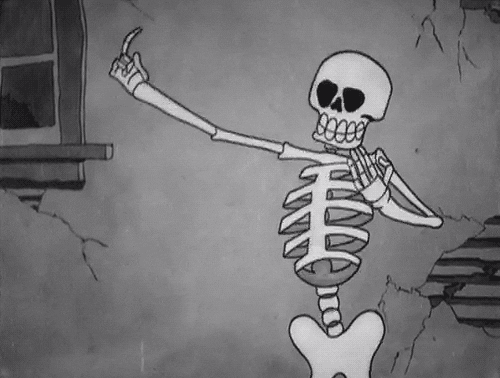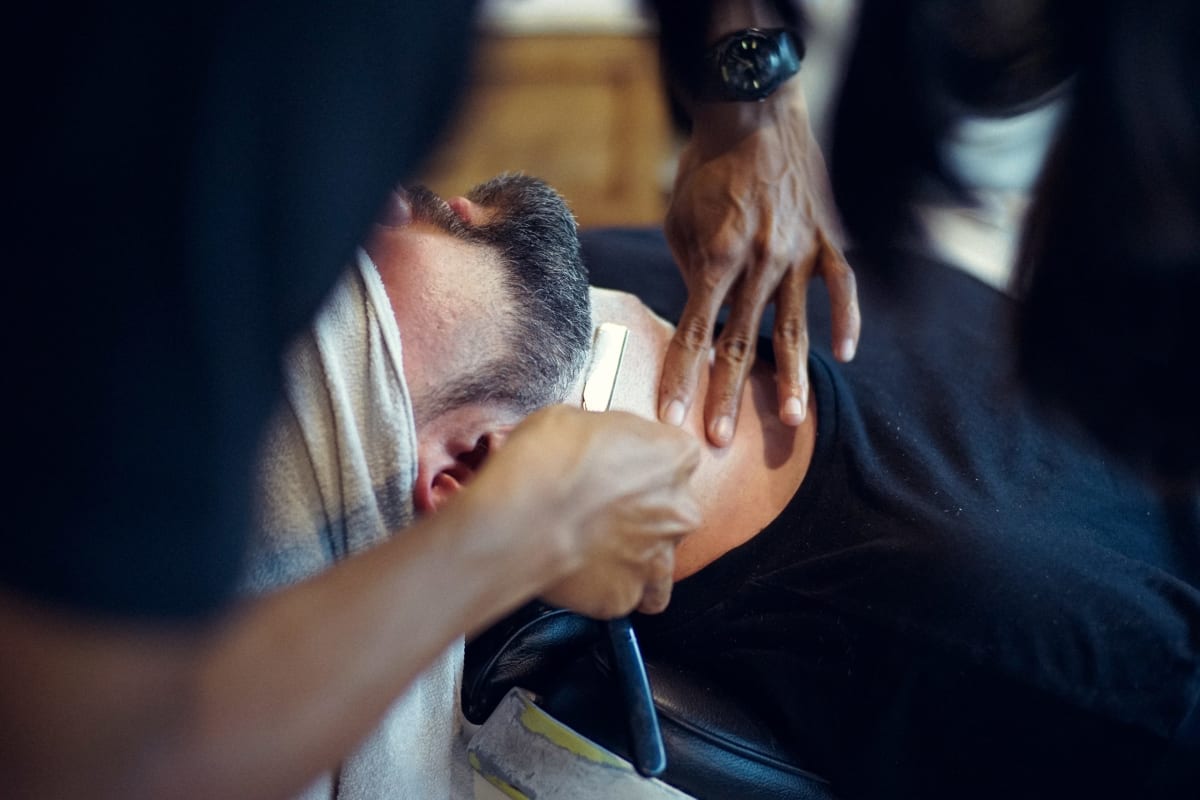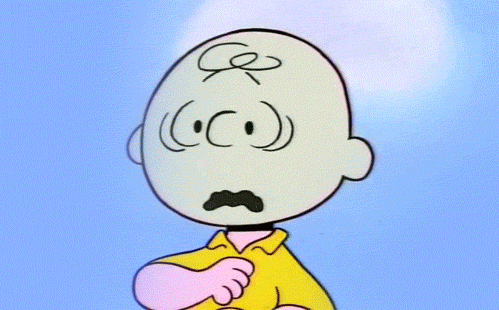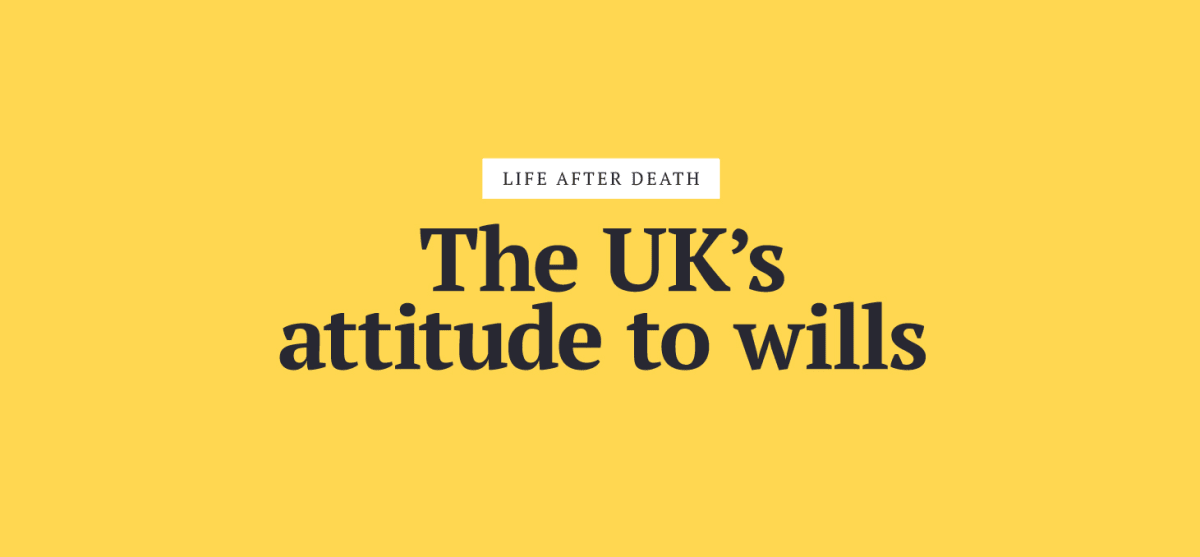- Watford tops list as most expensive place to die in the UK, with average funeral price of nearly £6,000 – 37% higher than the national average
- London close behind, with Newport comfortably Wales’ priciest and Aberdeen well ahead of its Scottish counterparts
- High prices being fuelled by price hikes imposed by the big chains, despite independent funeral directors reducing fees in the last year
The ‘Watford Gap’ is back and this time it’s because funeral directors seeking to make a killing are charging 37% more than the UK average, exclusive research by funeral comparison website Beyond revealed today.
Watford is the most expensive place to have a funeral, at an average cost of £5,814 – nudging London into second place at £5,749, with Redhill in third at £5,352.
The average UK funeral – calculated as the average cost of a funeral director’s services1 plus the average price of cremations and burials – is now £4,241.
This represents a rise of 33% in only two years – in 2016, the average was £3,190.
This spike is being fuelled by price hikes among the big chains, who have raised their already-high fees by more than £500 in two years. For their services alone, you will pay an average of £3,573, and this is before you add in the cost of the cremation or burial.
Meanwhile, independent funeral directors, who represent roughly a third of the market, have actually been found to have dropped their fees over the past 12 months.
Funerals in Guildford, Liverpool and Brighton are all more than £5,000 on average, as they are in Newport, which is comfortably the most expensive place in Wales at £5,149 and the sixth priciest in the UK overall. By contrast, Cardiff ranks 75th at an average cost of £3,812.
Meanwhile in Scotland, Aberdeen ranks as costliest, with an average funeral in the Granite City being £4,942 – the next priciest Scottish cities are Perth (£4,586, 25th), Inverness (£4,495, 32nd) and Motherwell (£4,245, 53rd).
Table: The UK’s top ten most expensive places to die*
| Rank | Town | Overall average funeral cost |
| 1 | Watford | £5,814 |
| 2 | London | £5,749 |
| 3 | Redhill | £5,352 |
| 4 | Guildford | £5,317 |
| 5 | Liverpool | £5,157 |
| 6 | Newport | £5,149 |
| 7 | Brighton | £5,013 |
| 8 | Halifax | £4,976 |
| 9 | Salisbury | £4,959 |
| 10 | Aberdeen | £4,942 |
Beyond’s extensive research is unique in being weighted* to take account of the fact that cremations are more popular than burial, meaning these numbers are far more reflective of the true UK average funeral costs than others.
James Dunn, co-founder of Beyond, comments:
“It looks like a football league but this is one table you don’t want to be topping.
“A lack of transparency in the funeral market is what’s fuelling price rises, particularly among the big chains.
“Death means big business, with half a million Brits dying every year, but a disinclination to shop around is resulting in mourners, who are often vulnerable, paying over the odds.”
Notes to editors
1 Average funeral services calculated as: funeral director fees, basic wood veneer coffin, urn, flowers, celebrant/minister, hearse and one limousine
2 Table of top 50 most expensive places to die:
| Rank | Town | Overall average cost | Rank | Town | Overall average cost |
| 1 | Watford | £5,814 | 26 | Nottingham | £4,579 |
| 2 | London | £5,749 | 27 | Oxford | £4,570 |
| 3 | Redhill | £5,352 | 28 | Lincoln | £4,538 |
| 4 | Guildford | £5,317 | 29 | Leicester | £4,506 |
| 5 | Liverpool | £5,157 | 30 | Gloucester | £4,503 |
| 6 | Newport | £5,149 | 31 | Cambridge | £4,501 |
| 7 | Brighton | £5,013 | 32 | Inverness | £4,495 |
| 8 | Halifax | £4,976 | 33 | Luton | £4,484 |
| 9 | Salisbury | £4,959 | 34 | Hull | £4,451 |
| 10 | Aberdeen | £4,942 | 35 | Dorchester | £4,445 |
| 11 | Durham | £4,854 | 36 | Wigan | £4,440 |
| 12 | Hemel Hempstead | £4,813 | 37 | Wolverhampton | £4,440 |
| 13 | Coventry | £4,752 | 38 | Milton Keynes | £4,433 |
| 14 | Southend-On-Sea | £4,701 | 39 | Huddersfield | £4,419 |
| 15 | Medway | £4,696 | 40 | Stevenage | £4,413 |
| 16 | Hereford | £4,695 | 41 | Worcester | £4,395 |
| 17 | Tonbridge | £4,689 | 42 | Bath | £4,380 |
| 18 | Northampton | £4,665 | 43 | York | £4,380 |
| 19 | Slough | £4,660 | 44 | Bournemouth | £4,378 |
| 20 | Bristol | £4,657 | 45 | Reading | £4,366 |
| 21 | Canterbury | £4,650 | 46 | Sheffield | £4,361 |
| 22 | Wakefield | £4,643 | 47 | Dartford | £4,347 |
| 23 | Enfield | £4,615 | 48 | Doncaster | £4,345 |
| 24 | Lancaster | £4,597 | 49 | Cleveland | £4,308 |
| 25 | Perth | £4,586 | 50 | Birmingham | £4,265 |
* Source: Beyond research weighted 70% for cremation, 30% for burial; cremations account for at least 70% of all funerals in the UK










